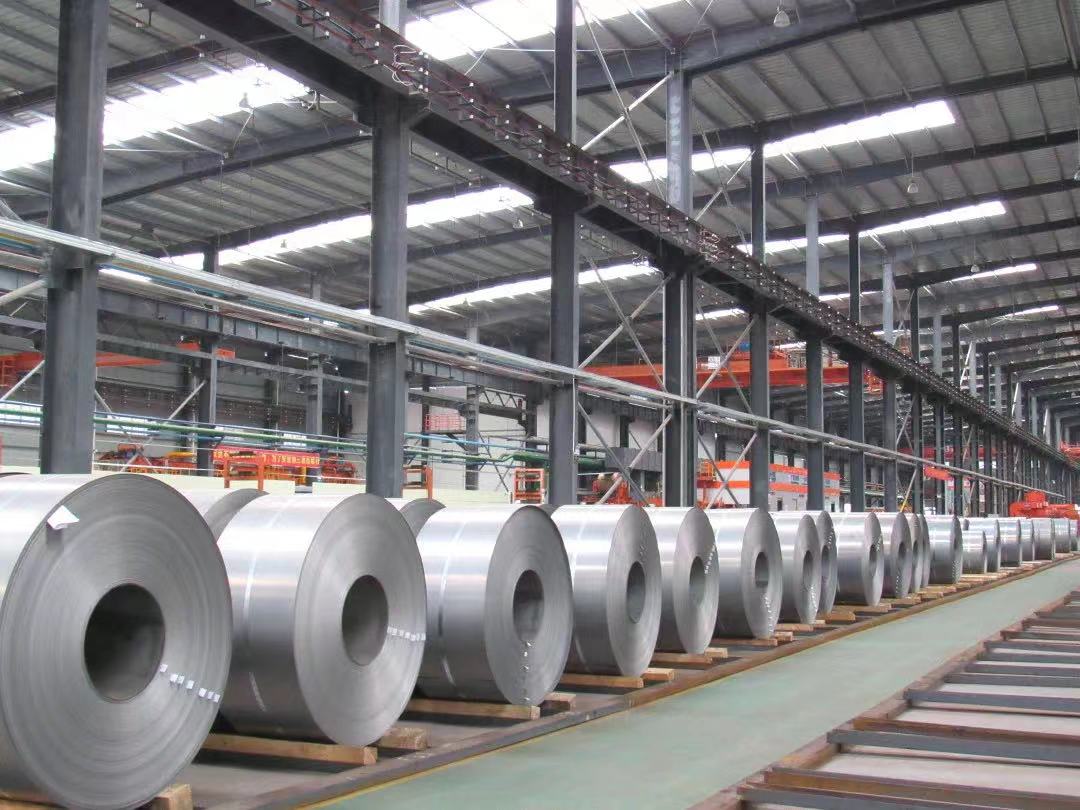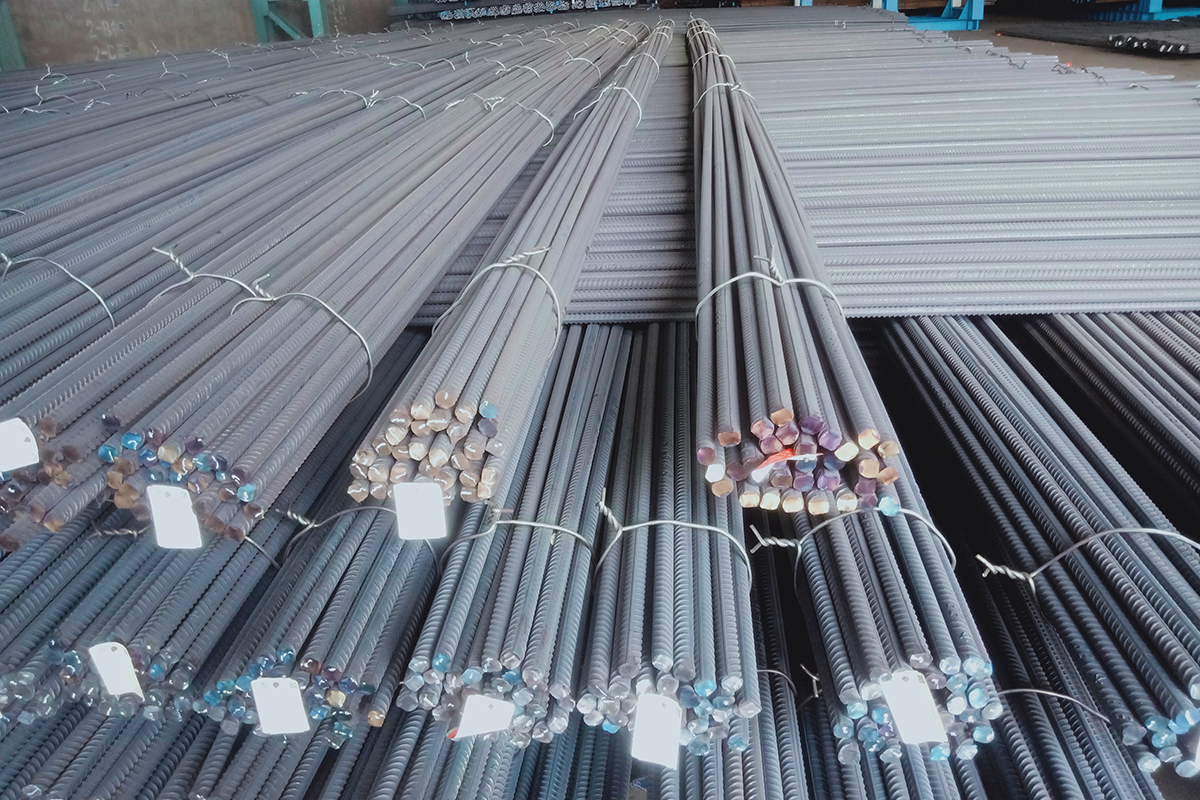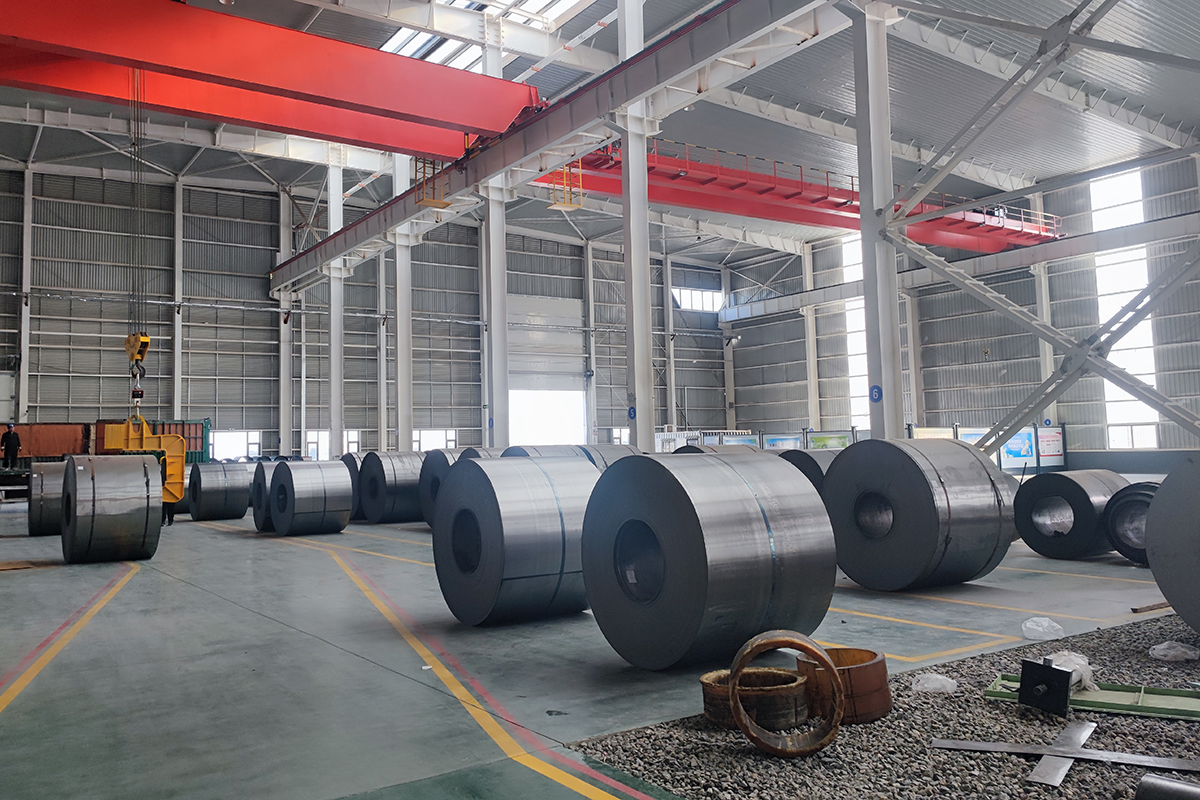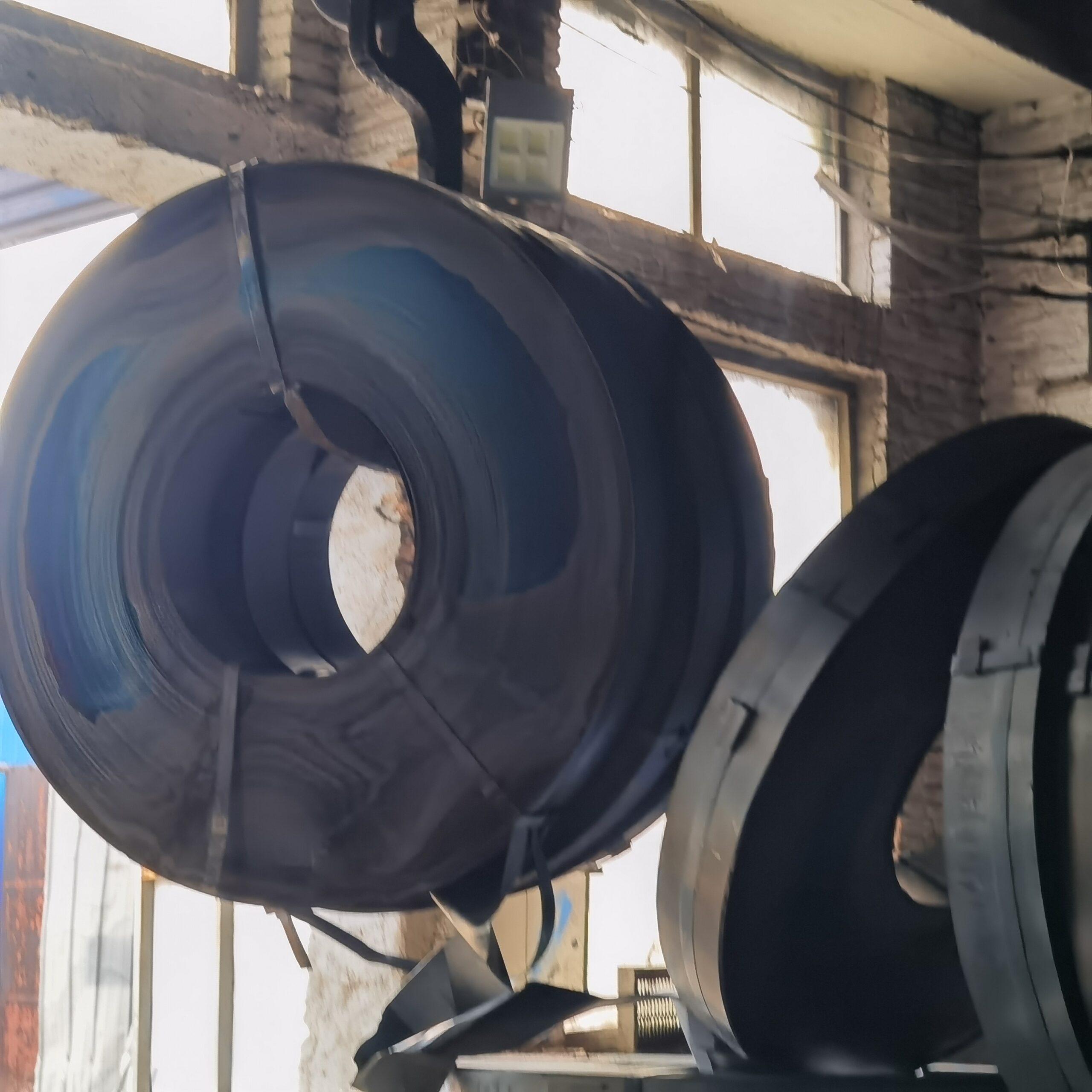
The Centre for Research on Energy and Clean Air (CREA) has emphasized that the full potential of Indonesia’s iron and steel sector relies heavily on the adoption of low-carbon technologies. According to CREA’s new report, establishing a clear roadmap and enforcing binding climate targets are crucial steps in ensuring the competitiveness of the sector. These measures will also demonstrate Indonesia’s commitment to industrial near-zero emissions and global net-zero goals, sending a strong signal to climate-conscious investors.
Prioritizing Power Sector Reform for Steel Industry Transition
The report highlights the importance of leveraging Indonesia’s abundant renewable energy resources to support the steel industry’s transition. By prioritizing power sector reforms and enhancing the availability of cost-effective clean electricity, Indonesia can unlock the full potential for steel sector transformation. CREA notes that decarbonising the steel industry requires a greener grid, emphasizing the need for national alignment to accelerate renewable energy deployment.
Protective Trade Policies and Regulatory Hurdles
CREA also underscores the importance of strict enforcement of protective trade policies as a first step towards restoring trade balance and ensuring fair competition for the steel industry. The report suggests that close collaboration between policymakers and domestic stakeholders is essential for informed decision-making and addressing existing regulatory barriers.
Linking Climate Commitments with Industrial Growth
As one of Indonesia’s strategic national industries, CREA calls for advancing the decarbonisation policy framework for the steel sector, setting binding targets that connect climate commitments with industrial growth. Ambitious national roadmaps and regulations will serve as clear signals to investors, encouraging investment decisions that align with climate goals and preventing the introduction of high-risk technologies.
Expanding Steel Capacity Amid Rapid Investment Growth
CREA projects that Indonesia’s crude steel production capacity will exceed 45 million tonnes by 2035, surpassing the target of 25 million tonnes. The report also highlights the rapid growth in investments in Indonesia’s basic metals industry, which have increased from $14.7 billion in 2020 to $37.7 billion in 2023. Key private steel players such as Gunung Steel Group, Fuhai Group, Ansteel Group, Delong Group, and POSCO are leading ongoing expansions that will double the country’s steel production capacity, increasing steelmaking capabilities by 125%.
Future Challenges and Opportunities in Steel Production
The expansion projects will primarily utilize blast oxygen furnaces, with a smaller proportion opting for electric arc furnaces. CREA also notes that Indonesia’s ironmaking capacities will see a 55% increase, with all new ironmaking projects utilizing blast furnaces. However, there is currently no operational direct reduction iron furnace in the country, indicating untapped potential for this technology.





